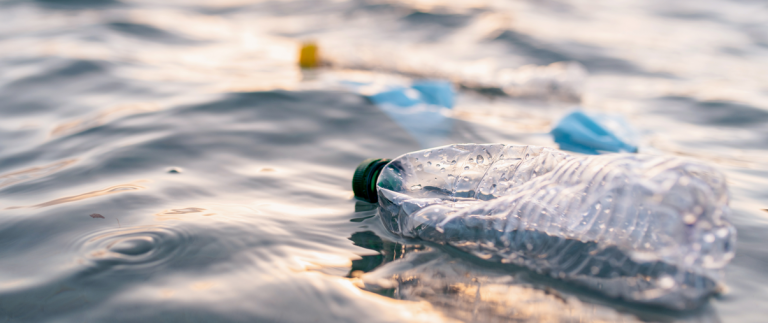Saving the Ocean
ABOUT
HOMA Communications believes that clean water is a basic necessity for life, but it is not a
reality for our global population. In response, our organization seeks to improve the social
awareness in multilingual communities, work tirelessly to eliminate the climate change threat,
save lives, and transform societies for a better future.
WHAT HOMA STAND FOR
- H - H20
- O - Ocean Pollution
- M - Mother Nature
- A - Air Pollution
Saving the Ocean: A Call to Action for a Sustainable Future
The ocean, covering more than 70% of our planet, is a magnificent and vital ecosystem that supports life on Earth. It provides us with food, regulates the climate, produces oxygen, and offers countless recreational opportunities. However, the ocean faces unprecedented threats from human activities, such as pollution, overfishing, and climate change.
This article explores the urgent need to save the ocean and highlights the actions we can take to ensure its preservation for generations to come.

The Importance of the Ocean:
The ocean plays a critical role in maintaining the health and balance of our planet. It serves as a primary source of food, supporting billions of people who rely on fish and other marine resources as their main protein source. Moreover, the ocean acts as a vast carbon sink, absorbing a significant portion of carbon dioxide emissions and helping to regulate the global climate. It also generates life-sustaining oxygen through photosynthesis performed by marine plants, including phytoplankton. Furthermore, the ocean’s immense beauty and biodiversity offer a source of inspiration and awe, attracting tourists and providing a sense of wonder and tranquility.
Threats to the Ocean:
Despite its crucial importance, the ocean faces numerous threats that endanger its health and integrity. These include:
Pollution:
Contamination from plastic debris, chemicals, oil spills, and wastewater discharge pose severe risks to marine life, ecosystems, and human health.
Overfishing:
Unsustainable fishing practices, including illegal, unreported, and unregulated fishing, threaten fish populations and disrupt marine ecosystems, jeopardizing the delicate balance of marine life.
Climate Change:
Rising sea temperatures, ocean acidification, and extreme weather events driven by climate change harm coral reefs, marine species, and habitats, leading to irreversible damage and loss.
Habitat Destruction:
Destructive fishing methods, coastal development, and pollution contribute to the destruction of vital habitats such as coral reefs, mangroves, and seagrass beds, which are crucial for the survival of countless marine species.
Taking Action to Save the Ocean:
Preserving the ocean requires collective effort and a commitment to sustainable
practices. Here are some actions we can take:
Reduce Plastic Waste: Minimize the use of single-use plastics, recycle responsibly, and participate in beach cleanups to prevent plastic pollution from entering the ocean.
Support Sustainable Seafood:
Choose sustainably sourced seafood to promote responsible fishing practices and protect vulnerable fish populations.
Advocate for Marine Protected Areas:
Support the establishment and effective management of marine protected areas (MPAs) to conserve critical habitats and safeguard marine biodiversity.
Combat Climate Change:
Practice water conservation to reduce the amount of pollution and wastewater that reaches the ocean through proper waste management.
Educate and Raise Awareness:
Promote ocean literacy and engage in educational initiatives to raise awareness about the importance of the ocean and inspire action.
Conclusion: Saving the ocean is not just an environmental responsibility; it is crucial for the well-being and survival of our planet and future generations. By taking proactive steps to reduce pollution, promote sustainable practices, and address the root causes of ocean threats, we can work towards a healthier, more resilient ocean ecosystem. Let us join forces to protect and preserve this invaluable resource, ensuring a sustainable future where the ocean thrives and continues to inspire and sustain life on Earth.
